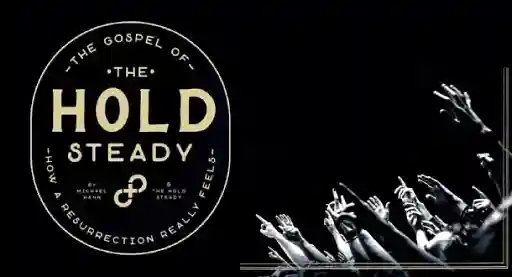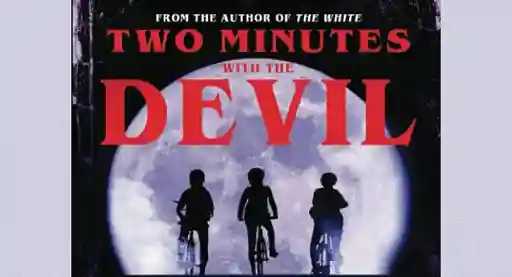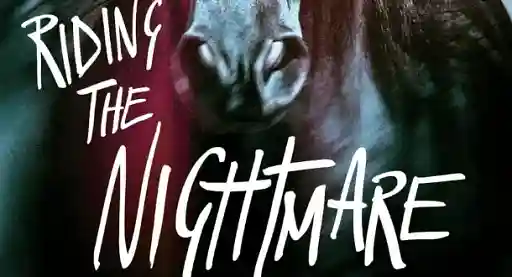Bookshots: Pumping new life into the corpse of the book review
Title:
Where All Light Tends to Go
Who wrote it?
David Joy, resident of North Carolina and keen fly fisherman. Where All Light Tends to Go is his first novel. His second — Waiting on the End of the World — comes out in 2016. More info at his author site.
Plot in a Box:
Daddy runs a meth-lab. Mommy smokes her breakfast. Life for young Jacob McNeely isn’t exactly easy, but when he screws up a murder, it gets much, much harder.
Invent a new title for this book:
Of Mice and Meth
Read this if you liked:
Winter’s Bone, the FX series Justified, or anything that falls under the heading of grit lit or hardscrabble noir.
Meet the book’s lead:
Jacob McNeely — recent recruit to the family business of making meth and torturing loose-lipped employees.
Said lead would be portrayed in a movie by:
Ellar Coltrane of Boyhood fame.
Setting: would you want to live there?
Cashiers, North Carolina, a place of meth-labs, trailer parks, corrupt cops and drug addled rednecks.
Hmmm. Let me think about that.
No.
What was your favorite sentence?
The loud shrill of a chair scooting across the kitchen floor and the gradual increase in volume on the scanner woke me up from a dream that had me pitching a tent and humping a pillow.
The Verdict:
Like all needy writers, I’m never too proud to go for an easy laugh, and if my assessment above makes it sound as though I’m poking fun at Where All Light Tends to Go then I have given the wrong impression. This is a fine read and a fine book and if I’m poking fun at anything it’s at our tendency to latch onto stereotypes and amplify them for the purposes of fiction. Ever since the novel Deliverance became a movie (and probably the roots of that work lie further back in the novels of Faulkner and Steinbeck), America’s uneasy relationship with its rednecks has provided storytellers with a just-add-water answer when something scary has to lurk deep in the woods, with recent versions giving the impression that were you to wander off the Interstate and into the Appalachian forests, you’d find a meth lab lurking behind every tree.
But that bit of carping aside, Joy, despite setting his story in just such a milieu and peopling it with characters we can recognize from Winter’s Bone and even the early parts of The Hunger Games, manages to give us a story which is compelling and worth telling. This is another novel I’d shelve under the heading of patriarchal noir, with the story centered around Jacob McNeely’s attempts to struggle free from the pattern set by his drug kingpin father, who himself is starting to buckle under the strain of keeping one step ahead of the law. In contrast with much patriarchal noir, where — however bad things get — the door to better times and fresh starts is always kept cracked open, Jacob takes a somber view of his chances of escape.
What was disappointing about that school, my life, and this whole fucking place was that I’d let it beat me. I’d let what I was born into control what I’d become. Mama snorted crystal, Daddy sold it to her, and I’d never had the balls to leave. That was my life in a nutshell.
But if Jacob realizes he’s stuck with his destiny, there is one person he believes could escape Cashiers and that is his ex-girlfriend, Maggie Jennings. Her college dreams spiked by her parent’s profligacy, Jacob decides to liberate his cut of Daddy’s business — money Charlie McNeely has put aside for ‘safekeeping’ — and use it to pay her tuition. Daddy’s view of this plan, were he to discover it can be deduced from his view of women generally:
I know a woman’s just a woman and there’s no changing that. If they didn’t have pussies, the dumpsters would be full of them.
Daddy is no forward thinker when it comes to gender imbalance. Jacob is better than his father, but Joy never makes the mistake of writing him as a saint. Jacob wants to get the needle to jump the groove, but knows he probably can’t. That he tries anyway makes Where All Light Tends to Go touching but not sentimental, and a book I thoroughly enjoyed.

About the author
Cath Murphy is Review Editor at LitReactor.com and cohost of the Unprintable podcast. Together with the fabulous Eve Harvey she also talks about slightly naughty stuff at the Domestic Hell blog and podcast.
Three words to describe Cath: mature, irresponsible, contradictory, unreliable...oh...that's four.








